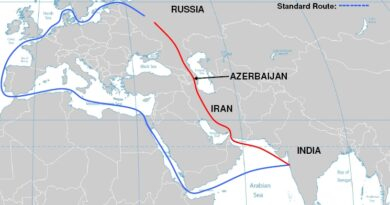Historical Background
Contents
Historical Background
Beginning of Rule: British came to India in 1600 as traders, in the form of East India Company, which had the exclusive right of trading in India under a charter granted by Queen Elizabeth I.
Interference in Internal Affairs: In 1765, the Company, which till now had purely trading functions obtained the ‘diwani’ (i.e., rights over revenue and civil justice) of Bengal, Bihar and Orissa. This started its career as a territorial power.
Influence of British Political system on Indian Constitution:
During British rule we saw many changes in polity and administration. In Company rule basic features were added by british such as introduction of executive, legislative, supreme court etc. These western feature formed base for new political system in India. After 1858, the British Crown assumed direct responsibility for the governance of India. During the crown rule, various acts leads to form new polity and administration according to demand of Indian people. These acts and laws were triggering point for freedom fighters, here we can see new act try to change according to demand of people at same time authority of British became compromise. During crown rule political scenario changed dramatically. People of India adapted new political dimension but many times opposed aggressively through dialogue and various movements. These events gave shape to western political system in Indian form. Various features of the Indian Constitution and polity have their roots in the British rule. There are certain events in the British rule that laid down the legal framework for the organisation and functioning of government and administration in British India. These events have greatly influenced our constitution and polity. They are explained here in a chronological order:
Recall from world history:
Why British want to control East India Company?
Because Britisher were loosing America during that period. Hence, British lost revenue heavily and want to control East India Company so can earn more profit.
Events that lead to American Revolution:
- Passage of the Stamp Act, 1765
British Troops Occupy Boston, 1768
Britain Tries to Intimidate Massachusetts, 1774
War Breaks Out, 1775
Hence, British lost revenue heavily and want to control East India Company so can earn more profit.
Source: M. Laxmikant
Discover more from Simplified UPSC
Subscribe to get the latest posts sent to your email.


